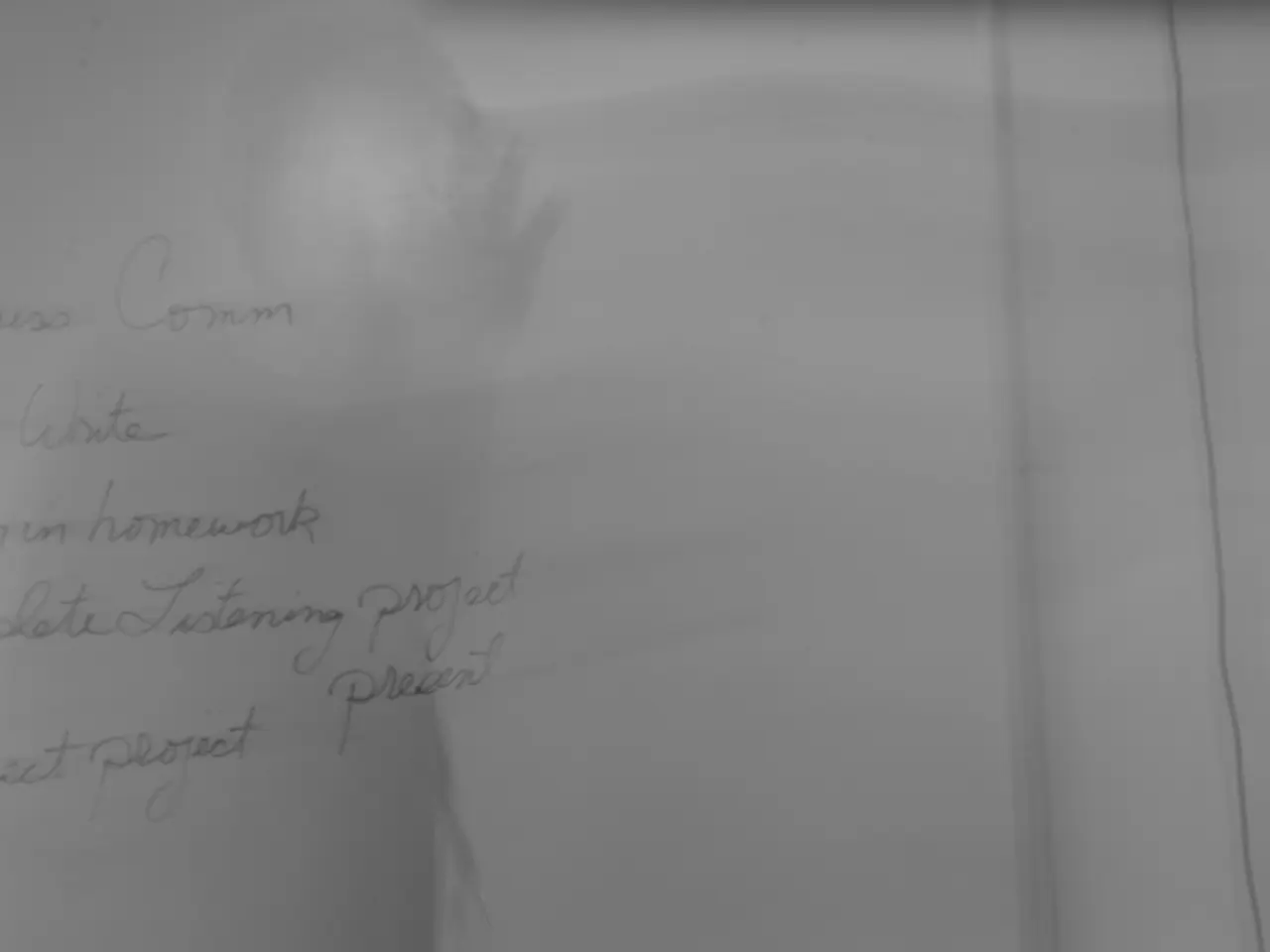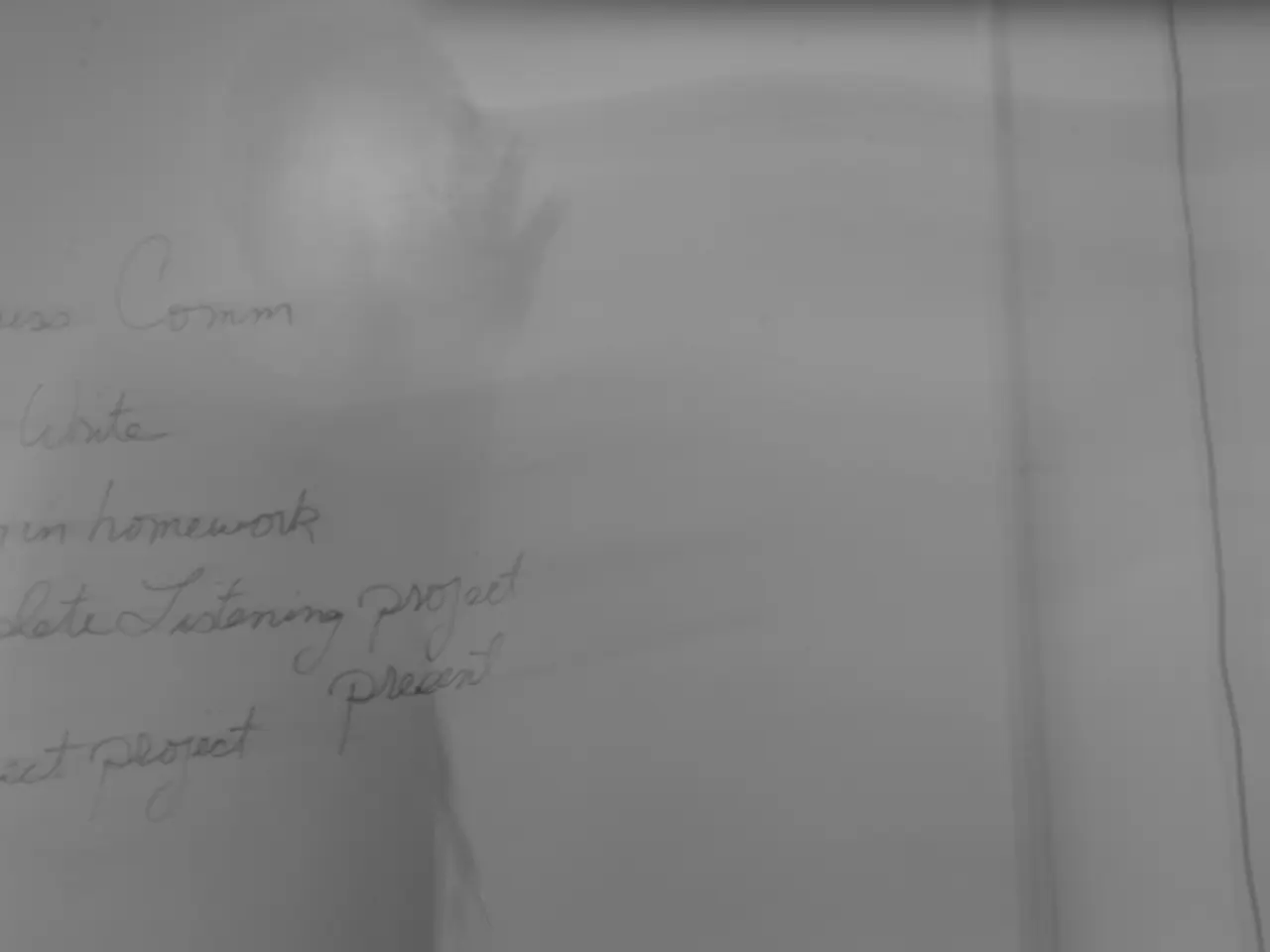Rumors swirl regarding potential elimination of penny currency. - Proposal Under Consideration for Eliminating Use of Penny Coins
Article:
In the United States, the minting of penny coins will be discontinued from the beginning of next year, various US media outlets report, citing the Treasury Department and mint producers. The last production order for pennies has been placed, marking the end of this small coin's circulation in the US.
Meanwhile, in Germany, the debate surrounding small change continues. The "National Cash Forum" initiated by the Bundesbank proposed phasing out one- and two-cent coins, suggesting cash payments should be rounded to the nearest five cents. For instance, 4.99 euros would be billed as 5 euros, while 1.02 euros would only require a payment of 1 euro, making cash transactions faster at checkouts.
The high production costs of the one-cent coin, which exceed its face value, are the reasons for its phasing out in the US, according to US media. The mint producer forecasts annual savings of 56 million dollars (around 50 million euros) by eliminating the penny. The Bundesbank's board member, Burkhard Balz, argues that the economic and ecological costs of producing, packaging, and transporting these small coins are disproportionate to their value, particularly in the eurozone.
Although Germany's new government's stance on this proposal remains unknown, a majority of respondents in the latest Eurobarometer supported the elimination of one- and two-cent coins. Among the eurozone's approximately 18,600 respondents, 61% favored the elimination of small coins, with 53% in Germany.
Retailers value odd amounts as an essential tool for price differentiation in competition for customers. Many traders appreciate the option of asking, for example, 4.98 euros instead of 5 euros. Customers often focus on the number before the decimal point when shopping, considering products cheaper than they actually are. Small coins also contribute to significant sums for those who collect them over time, much of which is essentially written off.
Although phasing out small coins can be beneficial in terms of cost and convenience, some cash enthusiasts express concerns about potential adverse effects. However, in Eurozone countries with existing rounding rules, such as Finland, this doesn't necessarily signal the end of cash. A decision to abolish small Euro coins can only be made at the European level.
As of now, there is no information indicating that Germany is planning to phase out the one- and two-cent coins, as the economic discussions currently focus on energy and climate measures such as transitioning to green hydrogen and reforming electricity pricing.
- In light of the ongoing debate in Germany, the EC countries might consider revising their employment policies to encourage discussions on the potential cost-saving measures, such as phasing out one- and two-cent coins, which could lead to significant savings in the finance industry.
- Despite the potential benefits of phasing out small coins, such as the one-cent coin in Germany, it's essential to consider the implications for employment policies within the industries associated with their production, packaging, and distribution, as these sectors may experience job losses or shifts in the workforce.








